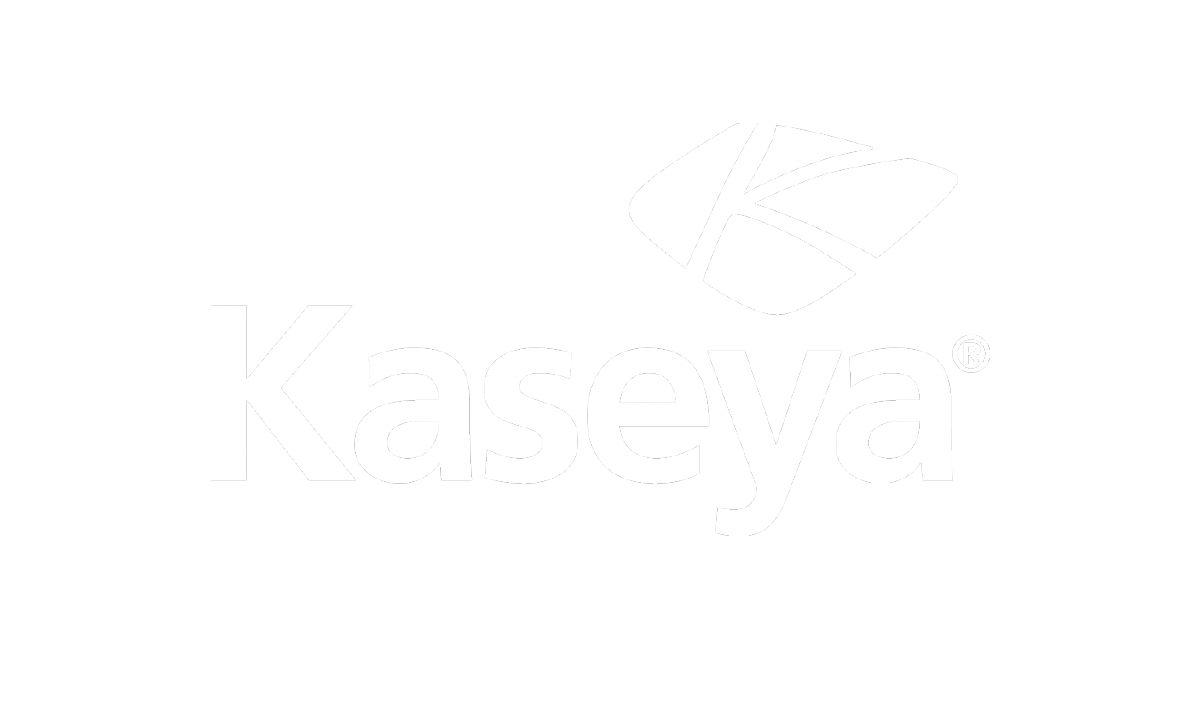How to Combine Benchmarking and SMART Goals to Improve Performance
It’s one thing to set goals, but benchmarking helps gauge and improve employee performance.
Goal setting is crucial for success, but how do you know if you’re setting the bar too low? Or, too high? This is where benchmarking earns its place in the business ecology. It allows you and your team to see how you stack up to the competition.
What is benchmarking?
In short, benchmarking involves comparing details of a company’s operations – cost, quality, cycles, or, productivity – with industry standards. Businesses employ benchmarks as a method of establishing objectives and developing strategies. In this blog we’re going to focus on how it can be deployed in concert with effective goal setting – SMART goals – to boost employee performance.
Are your goals SMART?
SMART stands for Specific, Actionable, Measurable, Realistic, and Timely. The SMART method of goal setting helps organizations, and individuals, identify clear, reasonable objectives. Benchmarking covers at least four of the five SMART bases, making it a highly effective tool for management.
In general, companies typically make three different comparisons:
- Best practices: a comparison to top businesses. This method works well for functions that are universal throughout most industries and companies, such as accounts payable.
- Competitive: assessing your performance in relation to peer companies’ performance. As you might have concluded, competitive benchmarks are more helpful to industry, and business-size, specific metrics. In other words: how’s your team doing versus your competition.
- In many cases, businesses will benefit from assessing themselves against their peers, and more general metrics compared to business giants from all industries.
Bringing your staff up to speed and beyond
On a simply primal level, benchmarking can help generate a competitive spark in your team. On a more specific plane, understanding how your crew measures up is an essential step towards making your goals SMART.
Here’s a short list of benefits benchmarking can bring to your company's performance goals:
- Authoritative management. When your staff understands the underpinnings of your expectations of them, they perform better. It engages them intellectually, boosts morale, and helps them collectively visualize the big picture.
- Continuing education. Seeing a comparative analysis of their department against their peers can be a wake-up call, or a pat on the back – either way, it provides valuable lessons. Furthermore, being familiar with the baseline metrics of their industry can help your staff stay vocationally fit.
- Monitoring performance. Benchmarking, when properly exploited, can alert companies to changes in their performance metrics. Understanding how your staff measures up allows management to identify which operations need improvement.
- Improve customer service. While you might think your customers love you, your competition might be getting better customer service ratings. Inspiring a little competitive spirit in your staff could manifest a surge in customer loyalty.
A massive tangle of information with an elegant resolution
While this might all seem terrific, it could also sound like a huge headache. Fortunately, management has more tools than ever at their disposal to help make benchmarking a realistic goal. The first trick is gathering the information you need to assess your company.
Surveys, both internal and external, along with dashboard software, can feed your data supply reservoirs. From there, goal setting and incentives can help process that information into action.
From collecting customer feedback to implementing goals for your staff, Crewhu can help you demystify the benchmarking process. We offer intuitively customizable online surveys, goal-based contests, employee recognition programs, and a sleek dashboard so you can keep track of your results.
Sign up for our free trial to see how Crewhu can take the tangle out of your benchmarking process. We’re ready to help your company rocket to the top!
Topics: smart goal examples for employees, employee performance benchmarks






